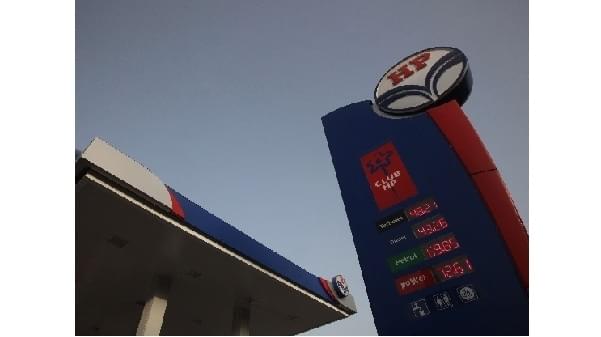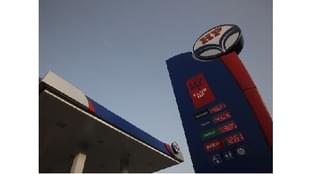Economics
Solving the Fuel Price-Subsidy conundrum
Anish
Sep 18, 2012, 12:53 PM | Updated Apr 29, 2016, 02:10 PM IST
Save & read from anywhere!
Bookmark stories for easy access on any device or the Swarajya app.


(This is a quick-post on an issue that is plaguing the country – fuel prices and the subsidies)
Most right-wingers are instinctively economic liberalizers at heart (not “liberal”, mind you). We believe in free competition, free-pricing, and yes, no subsidies (mostly). So why is it that most right-wingers have reacted cautiously and negatively to this “Big-Bang Reforms Friday” in general and the fuel price hikes in particular?
There are three problems that I have with the issue that the government has loaded the “Aam-Aadmi” with:
- Runaway Fiscal Deficit: The government’s fiscal deficit is not going haywire because of fuel subsidies alone, but the runaway “social sector” spending, beyond what the economy can bear, and they are now threatening to launch the Food Security Bill (to help them win the 2014 elections?). Things are only going to get worse!
- Opaque pricing: The fuel pricing process is completely opaque and the benchmarks are not set based on the cost of production, but on the selling price of fuel on the Singapore exchange. Some say that the total fuel subsidy varies from INR 0.8 to 1.4 Lac Crores. Others say that the tax revenue brought in by all fuels is also to the order of INR 0.8 to 1.4 Lac Crores! This is stupid economics, because all you are adding is transaction costs to the economy (both for providing subsidies and collecting taxes), without any net benefit in the form of numbers. The tax incidence on fuels is almost 50%, and Indian pump prices are the highest in the world, but still the government and the OMC’s are making “humongous losses”! I mean, do we even need basic intelligence here to figure out what the problem is?
- Lack of competition: Even though the Oil Marketing Companies (OMC’s) are listed entities, the government dictates pricing and they basically operate as a cartel (Competition Commission, whither are thou). The OMC’s are not “marketing” companies but full-fledged refining and distribution companies (there is a big difference – only IBP was a pure marketing company). Even though FDI (ooh, the holy grail) is allowed in the petroleum sector, investment has been anemic because the government doesn’t allow free competition or free pricing. Despite all these “under-recoveries”, the “OMC’s” are still profitable and threaten to make investments in creating more refining capacity, mainly from internal accruals (which is good in itself, but guys, please accept that you are not making losses!)
As a country we need to accept that the government (both states and central) treat the fuel sector as a milch cow for revenue generation and are lying about the fact that they are making losses due to the “fuel-subsidy”!
But we still need a solution to this problem as the current situation cannot be allowed to continue.
Despite not being a “fuel-industry” expert, I have the following recommendations to make:
- Govt should proactively reduce the total incidence on taxation on all fuels to the base “proposed” GST rate of 16%, and agree to split the revenue between Centre and States at 50% each.
- Remove all “subsidies” from the fuel sector and allow all fuel producers in the country to compete with each other and have a free pricing regime!
- Free up the fuel distribution sector and allow private/foreign players to set up the distribution chain on their own, who can be supplied by the refinery sector, or through direct imports (of finished fuels).
The above simple steps will have the following impact:
- Force the “OMC’s” to do what LIC had to do, become more competitive!
- Lower fuel prices in the economy and create differentiated pricing so that the consumer has the choice of getting the best deal available
- Bring the fuel that “private sector” refinery operators are producing, which is largely getting exported, into the national economy. Greater supply means lower prices
- Eventually, the government will also get more revenues, and will not have to bear the “fuel-subsidy” burden (but it will have to give up the “control” it has on the OMC’s, the “right to distribute petrol pumps”, etc.)
Like I have always maintained in life, solutions to complex problems are simple, but it is almost impossible to get the government to do “simple” things!
The writer works for a leading professional services firm





